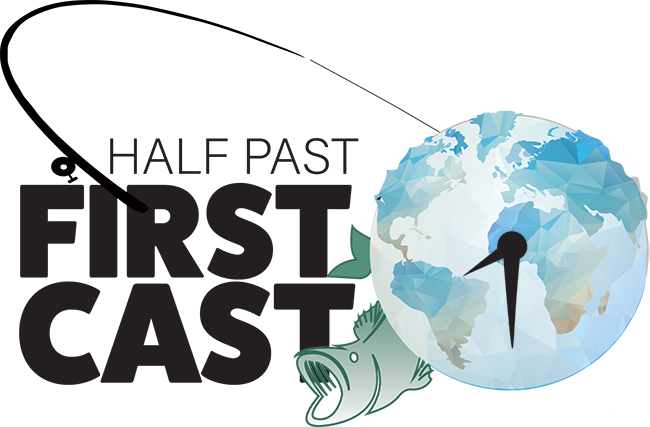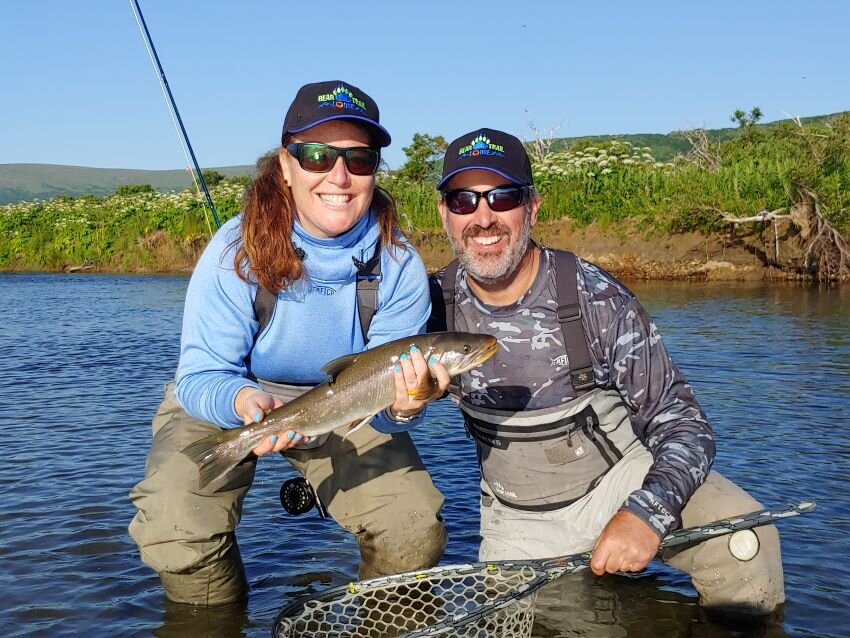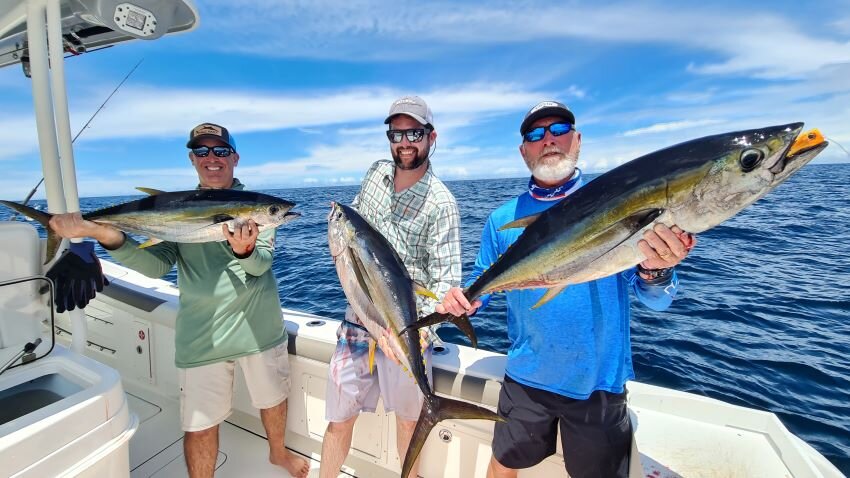It’s OK to Suck
At Facebook, Mark Zuckerberg’s early motto was “Move fast and break things.”
In other words, get the product out, into users’ hands and let the iterative process work itself out. Testing products and ideas out for weak spots rapidly is the goal, even if you struggle and make mistakes. Fast failure is ok.
In context, this phrase has value. In a vacuum, I fear it gives people a license to be lazy. “Ok, I tried something and I failed fast. I’m moving on to the next thing.” That’s acceptable with a new haircut. It’s not so acceptable when you’ve scrimped and saved to pay your college tuition. I’m not suggesting that you shouldn’t change course if your school or your major turns out not to suit you, but rather that you need to put ample thought into both the entry into and the departure from that major when a lot is on the line. Moving fast and breaking things is fine if you’re choosing a place for an inexpensive dinner – if it turns out to be terrible you can move on with little harm – but not so much when you’re making decisions as an air traffic controller.
“What does this have to do with fishing?” you might ask.
Everything.
Anyone who has been in the sport for any period of time has seen the phenomenon of a new entrant who moves in fast and breaks everything with no meaningful thought process. In your local bass club, it might be the guy who one day has never caught a fish over 2 pounds — six months later he has a new $80,000 boat, every lure under the sun, and a dozen sponsors, and a year later he’s out of the game completely. Again, that’s his prerogative. He tried it, didn’t like it (or didn’t achieve the level of success that he expected) and moved on. Frankly, even though I think that it’s certainly within an individual’s right to behave that way, it shows a tremendous amount of disrespect for the sport. To do this at the highest level takes time and effort and sacrifice, not just new gear and shiny stickers.
I assume that most of you reading this feel the same way, or something similar. What I fear, however, is that we all suffer from the opposite of that phenomenon. We’re afraid to show weakness or to experience the slightest failure. It’s far easier to stay in our silos of expertise. You may live in a world of bass or trout or tarpon. You understand the fish, the lingo is second nature. It’s comfortable. It’s remarkably hard to go someplace that’s ostensibly similar (still under the umbrella of “fishing”) and have none of the same comfort. So if you’re at home in Bristol Bay then Okeechobee may seem like a foreign country, and vice versa, even though the fishing in the two places has more similarities (spawning, eating, current, survival) than differences.
Nevertheless, if you allow yourself the slight embarrassment of picking up a fly rod for the first time, or asking what a ballyhoo is, it’s going to lead to more satisfaction than just counting the strands of purple in your PBJ football jig. I can tell you this from personal experience. The most enjoyable days of fishing I’ve experienced lately occurred when I knew the least going in. Most of us are unlikely to take great strides in our areas of expertise, but there’s abundant opportunity for exponential growth elsewhere. I am probably the least natural fisherman ever born. When starting off with a new tactic, or a new form of gear, I can almost guarantee that everyone else in my group will be better at it than I am – but if I like it, give me two days or two weeks or two years, and I’ll know more about it and be just as good, if not better.
That’s because I care about this sport more than just about anyone, and I’m not afraid to suck.
It’s been the greatest gift of my life to get over that ego factor. When you get there, you stop fishing for other people’s approval, and start fishing for what makes you happy.



